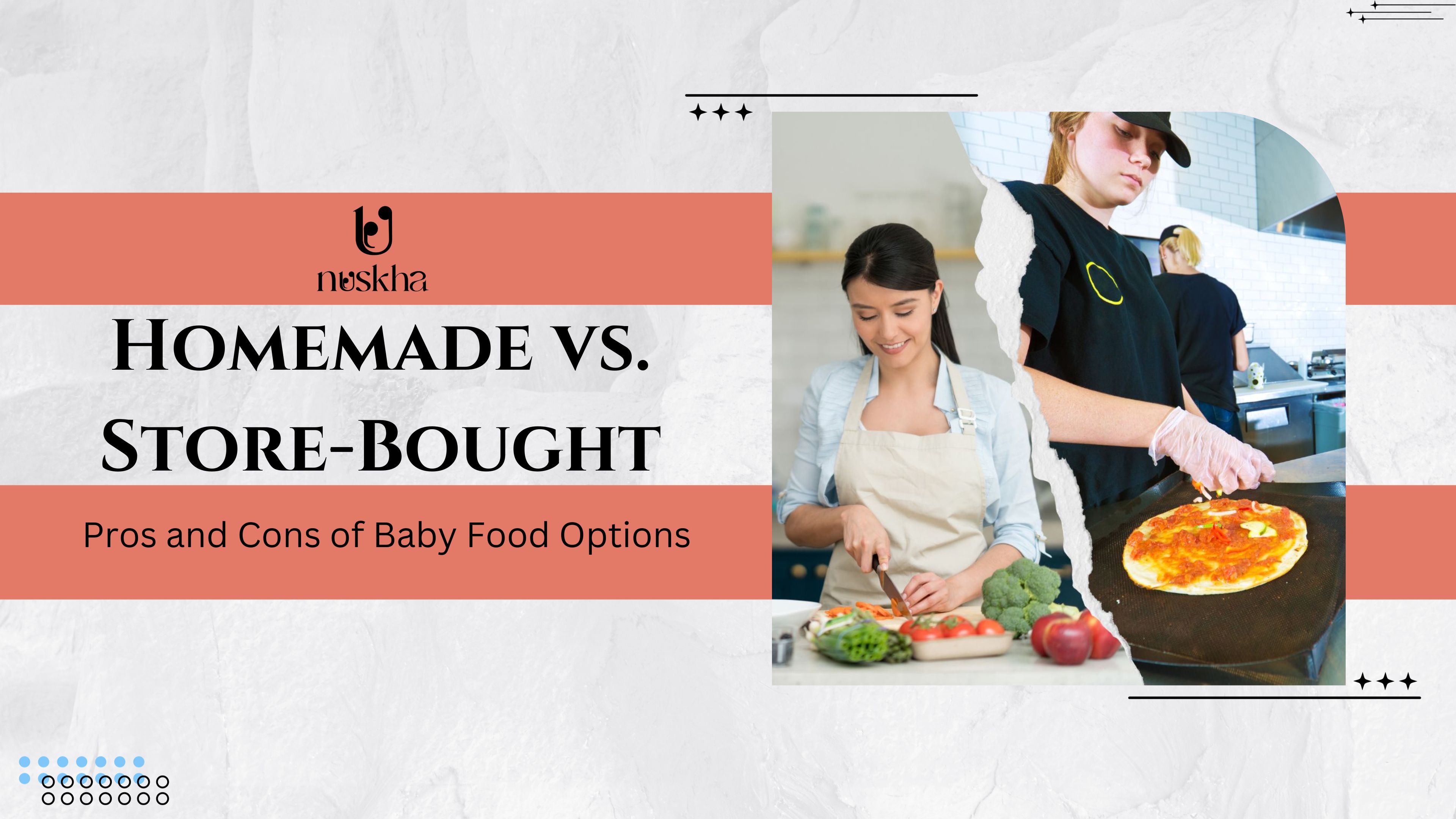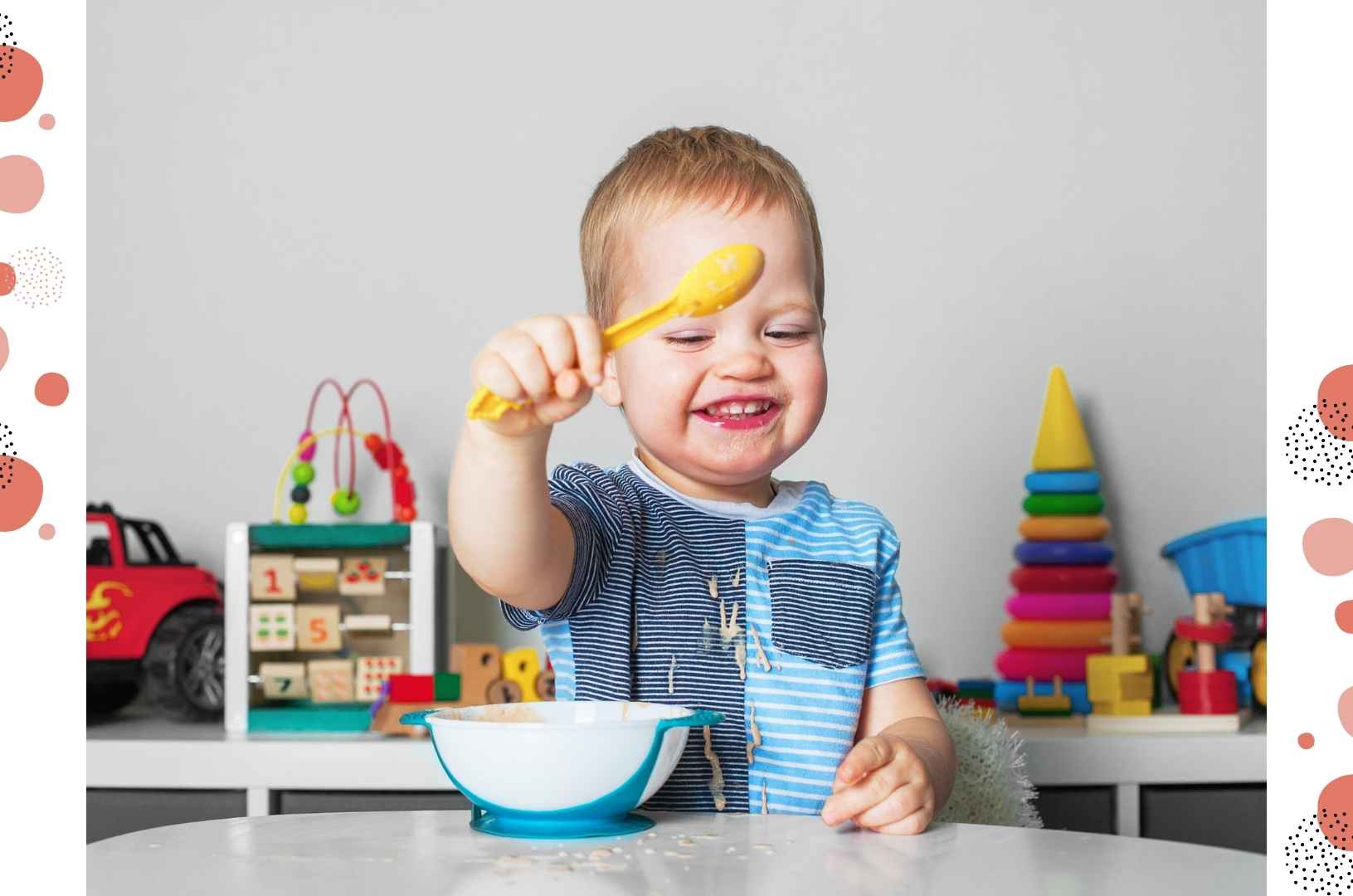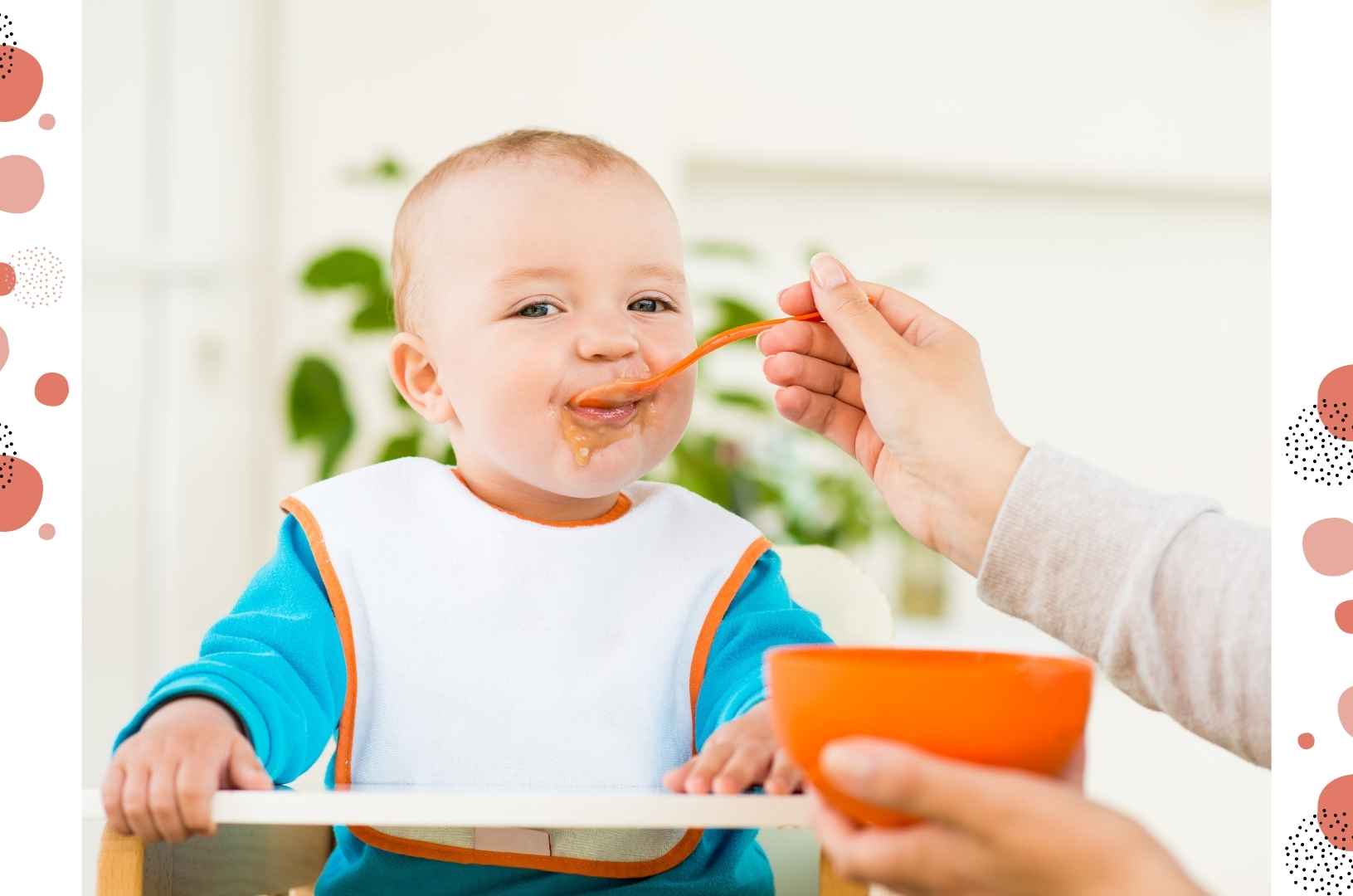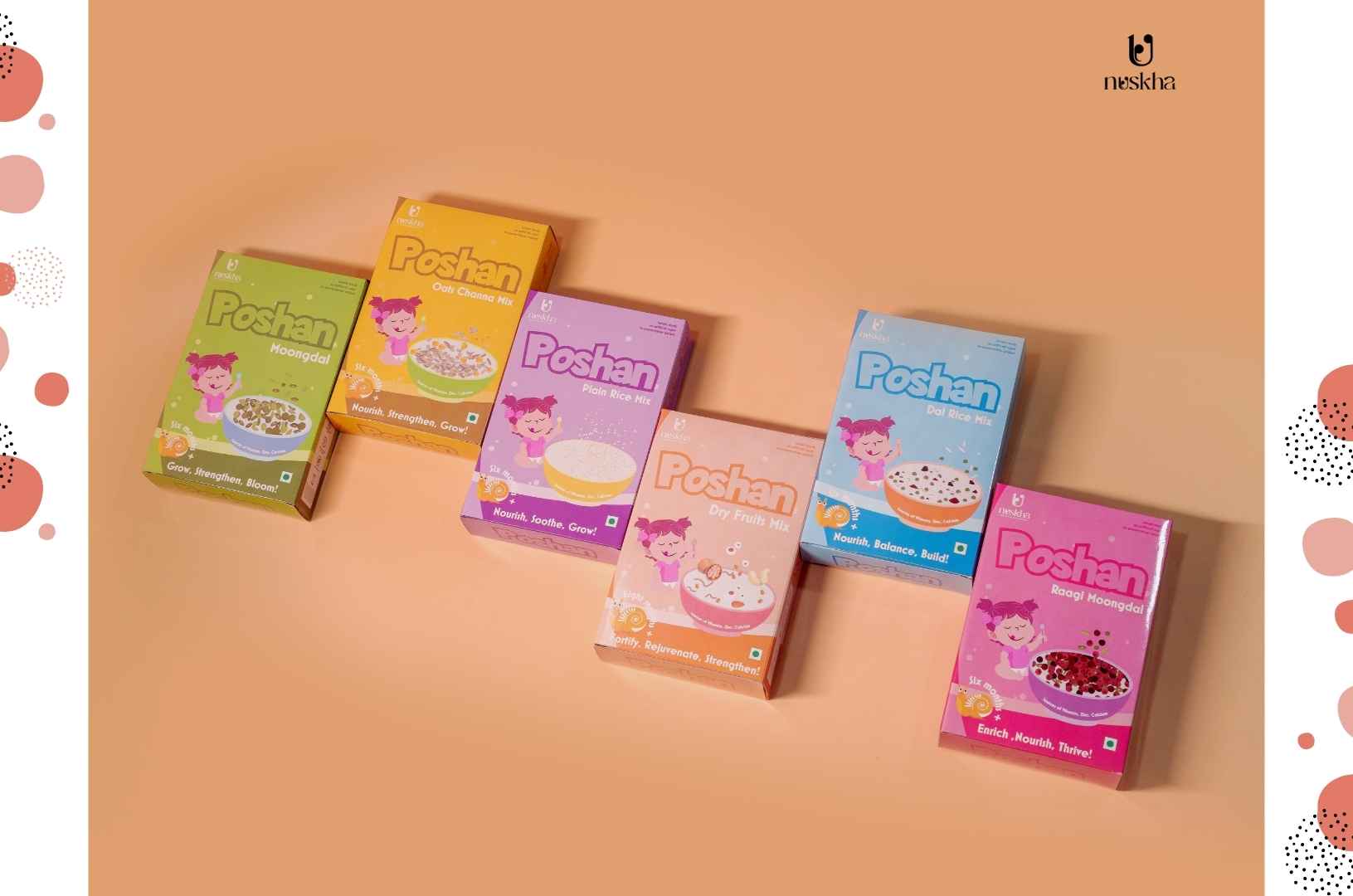
Raising kids is such a tiring task for parents. The major challenge is to take care of their nutrition needs. A healthy diet is crucial for baby care as it shapes their health and growth. However, due to hectic life schedules, parents usually have very little time for kids.
Therefore, choosing between handmade and store-bought baby food is a big choice for parents, and the process of introducing solids to your baby is an exciting milestone. Every choice has certain advantages and things to think about. We will examine the benefits and possible downsides of homemade food and store-bought baby food in this blog, enabling you to make an educated decision for your priceless child.

Nothing can beat the quality and love that hand-cooked food carries. So, let’s take a glance at the benefits of such food:
Read also: Revitalize and Reenergize: Women's Health Nutrition for Every Life Stage


Despite the endless benefits of hand-cooked food, parents rely on store-bought food for baby care. The reason is simple and that is the availability of time. But what if you are getting the benefits and freshness of handmade baby food in ready-to-use food. To help our users, Nushka has a wide range of food items that ensure baby’s growth and consist of all the benefits that hand-cooked food has. Here you can get products like Poshan Rice mix, Poshan moong dal, oats mix, Poshan dry fruits mix etc. all of these products are made in the Ayurveda method with natural ingredients.
Making the choice between handmade and store-bought baby food is a very personal one that is impacted by family dynamics, personal tastes, and lifestyles. A lot of parents discover that combining the two methods creates a nice, balanced meal that combines store-bought convenience with homemade food's customized nutrients.
Ultimately, it doesn't matter whatever route you choose; feeding your infant a healthy, well-balanced meal is crucial. Frequent visits to your pediatrician might provide further information about the special nutritional requirements of your baby's care. Regardless of the path you choose, your child's healthy growth and development will surely benefit from the love and attention you provide them. Happy feeding!
Read also: Baby's First Bites: Introducing Nutrient-Rich Foods for a 6-Month-Old
Most of the time, making baby food at home is best. It gives you more control over the foods, so you can be sure they are fresh and healthy. It also lets you make changes based on your baby's needs and preferences, which means they are less likely to be exposed to the chemicals and additives that are often in store-bought baby food. But with a healthy alternative, you can go for Nushka's Poshan Dal Rice Mix, Dry Fruits Mix, Mong Dal, Oats Channa Mix, Plane rice mix, and Ragi Mongdal ready-to-use food.
Homemade baby food can be safer than store-bought if prepared and stored properly. It allows you to have full control over the quality and freshness of ingredients. However, it's crucial to follow hygiene practices and age-appropriate food guidelines to ensure safety. Commercial baby food undergoes strict quality control, providing an added layer of assurance. Always consult a pediatrician for guidance.
Homemade baby food can be time-consuming, requiring special equipment and ingredient sourcing. It has a shorter shelf life, the potential for contamination if not handled properly, and may offer less convenience compared to store-bought options. Additionally, ensuring a balanced diet may demand more planning and nutritional knowledge.